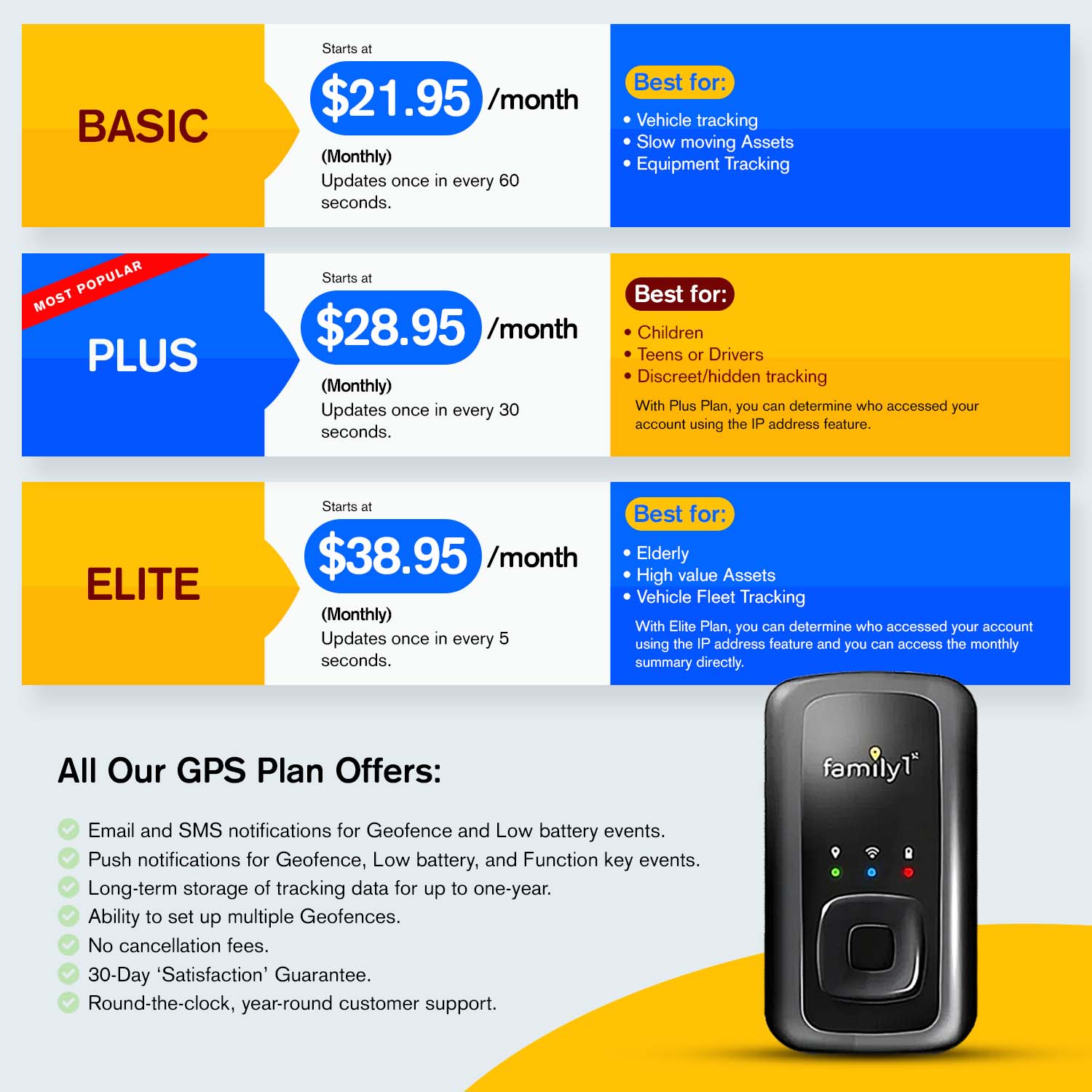Micro GPS tracking chips use satellite signals to find locations and send data through cellular, Wi-Fi, or Bluetooth networks. They are built into devices like phones, smartwatches, and trackers to help monitor people, vehicles, and assets.
While they improve security and tracking, challenges like weak signals, battery drain, and privacy risks remain. New technologies like smaller GPS chips, smarter tracking, and quantum navigation aim to make them more accurate and reliable.
What is a Micro GPS Tracking Chip?
Micro GPS tracking chip is a tiny device that finds locations using GPS satellites and sends the data through networks like Wi-Fi, Bluetooth, or cellular. It provides real-time tracking for people, vehicles, and valuable items.
These chips are built into smartphones, smartwatches, and pet trackers for easy monitoring. They help improve security, prevent theft, and track movement with high accuracy.
How Micro GPS Tracking Chips Work
Micro GPS tracking chips work by receiving satellite signals, calculating location, processing the data, and sending it wirelessly for access. The process involves the following steps:
Receiving Satellite Signals
The chip’s GPS receiver connects to at least four satellites, which send location and time data. These signals help determine the chip’s position on Earth.
Calculating Location
The chip measures its distance from multiple satellites using a method called trilateration. This helps pinpoint the exact latitude, longitude, altitude, and speed. Accuracy depends on signal strength, number of satellites, and obstacles like buildings or weather conditions.
Processing Data
A microprocessor inside the chip filters the GPS data to improve accuracy. If available, it also combines data from sensors like accelerometers or gyroscopes for better tracking.
Sending Location Data
The chip transmits the processed location data through different networks:
-
Cellular (4G/5G): For real-time tracking over long distances.
-
Wi-Fi/Bluetooth: For short-range tracking in buildings or homes.
-
Satellite networks: For tracking in remote areas without cellular coverage.
Accessing and Viewing Data
Users can check location updates using:
-
Smartphone apps
-
Web-based dashboards
-
Tracking devices
Many GPS tracking systems store past locations in the cloud and offer geofencing alerts, which notify users when the tracker moves outside a set area.
Applications of Micro GPS Tracking Chips
Elderly Tracking
Micro GPS chips help monitor seniors, especially those with Alzheimer’s or dementia. Caregivers can track their location in real time and receive alerts if they wander off.
Child Safety
Parents use GPS-enabled smartwatches or tags to track their children. These devices provide real-time location updates and allow geofencing to alert parents if a child leaves a designated area.
Tracking Vehicles
Micro GPS chips in cars, trucks, and motorcycles help track stolen vehicles and assist fleet management. Businesses use them to monitor routes, optimize fuel use, and improve efficiency.
Asset Tracking
Businesses use GPS trackers to monitor valuable goods, shipments, or machinery. This helps prevent theft, track logistics, and improve supply chain efficiency.
Law Enforcement
Police and security agencies use GPS chips in surveillance, suspect tracking, and parole monitoring. GPS-enabled ankle monitors help track individuals under house arrest.
Benefits of Micro GPS Tracking Chips
Micro GPS tracking chips provide several advantages, making them essential for security, tracking, and monitoring applications.
High Precision Tracking
These chips offer real-time location accuracy within meters. They function effectively in both urban and rural areas, depending on satellite visibility.
Miniaturization & Portability
Their small size allows easy integration into devices like smartwatches, smartphones, and even medical implants. They are lightweight, making them ideal for personal and professional tracking needs.
Improved Security & Safety
Micro GPS chips help track people, vehicles, and assets, reducing theft risks. They assist law enforcement in locating missing persons and stolen property.
Low Power Consumption
Modern GPS chips are designed to use minimal energy, extending battery life. Some models utilize solar or kinetic energy, making them more sustainable.
Customizable Features
Geofencing allows users to set location boundaries and receive alerts when a tracker moves outside the defined area. SOS buttons provide instant emergency signals for quick response.
Challenges & Limitations of Micro GPS Tracking Chips
While micro GPS tracking chips offer many benefits, they also come with certain challenges that affect their performance and usability.
Signal Interference
GPS signals are weaker indoors, underground, or in areas with tall buildings. Weather conditions and physical barriers, like walls or tunnels, can also reduce accuracy.
Battery Life Constraints
Continuous tracking consumes significant battery power, leading to frequent recharging. Low-power GPS chips help conserve energy but may reduce location update frequency.
Privacy Concerns
Unauthorized tracking can lead to ethical and legal issues. Encryption and secure authentication methods are essential to prevent misuse and protect user data.
Cost Factors
High-quality GPS chips, especially those with cellular connectivity, can be expensive. Additionally, cloud-based tracking services often require subscription fees, increasing overall costs.
Future of Micro GPS Tracking Technology
Advancements in micro GPS tracking technology are making devices smaller, more accurate, and energy-efficient. Emerging trends include:
Nano GPS Chips
These ultra-small GPS chips offer higher precision while consuming minimal power. They are expected to be integrated into medical implants, smart textiles, and compact wearables for seamless tracking.
AI-Powered GPS Systems
Artificial intelligence enhances GPS tracking by predicting movement patterns and optimizing location accuracy. Machine learning helps improve performance in dense urban areas or environments with weak signals.
Multi-Constellation GPS Chips
Future GPS chips will support multiple satellite systems, including GPS, GLONASS, Galileo, and BeiDou. This ensures better reliability and tracking, even in areas with low satellite visibility.
Quantum GPS
Quantum-based navigation will offer extreme precision without relying on satellites. This technology is expected to revolutionize military, aerospace, and deep-space navigation in the coming years.





